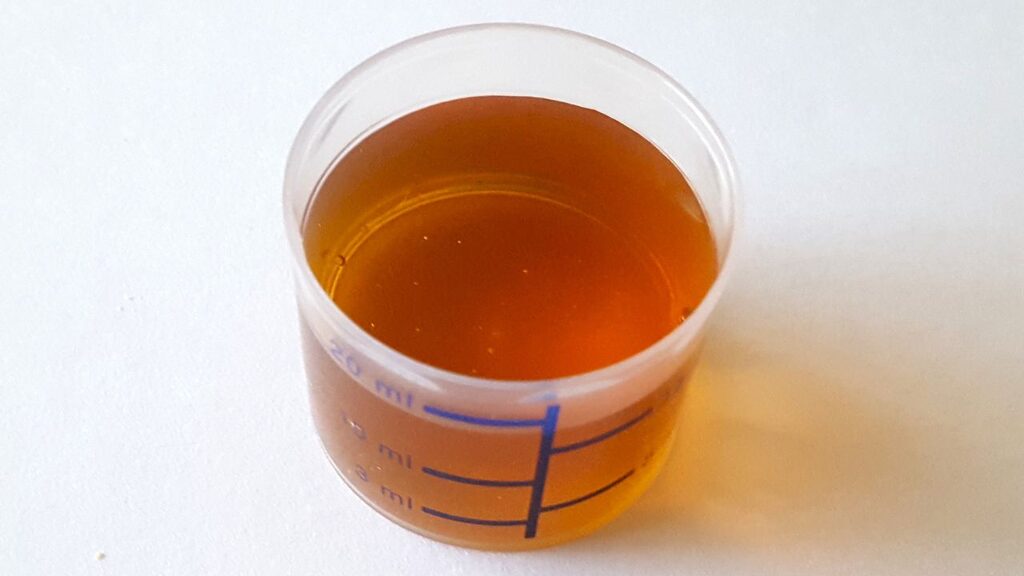Dissociative drugs represent a unique and potentially dangerous class of substances that alter perception and produce feelings of detachment from the environment and self. This comprehensive exploration focuses on three primary dissociative drugs: ketamine, PCP (phencyclidine), and DXM (dextromethorphan). Understanding these substances is crucial for recognizing the signs of abuse and seeking appropriate treatment.
What Are Dissociative Drugs?
Dissociative drugs are a class of hallucinogens that distort perceptions of sight and sound and produce feelings of detachment or dissociation from the environment and self. These drugs work primarily by disrupting the action of glutamate, a brain chemical that influences pain perception, responses to the environment, and emotion.
Ketamine
History and Medical Use
Ketamine was first synthesized in 1962 and gained FDA approval as an anesthetic in 1970. It’s still used in medical settings, particularly in veterinary medicine and emergency human medicine, due to its rapid onset and short duration of action.
Effects and Risks
Recreational ketamine use produces effects such as:
- Dissociation from one’s body
- Hallucinations
- Altered perception of time and space
- Euphoria
Risks associated with ketamine abuse include:
- Cognitive impairment
- Bladder and kidney problems
- Respiratory depression
- Psychological addiction
Current Trends
Ketamine has seen a resurgence in both medical and recreational use. While it shows promise in treating depression, its potential for abuse remains a significant concern.
PCP (Phencyclidine)
History and Properties
PCP was developed in the 1950s as an intravenous anesthetic but was discontinued due to its severe side effects. It’s a synthetic drug known for its mind-altering effects.
Effects and Risks
PCP use can cause:
- Hallucinations
- Delusions
- Violent behavior
- Seizures
Long-term risks include:
- Persistent speech difficulties
- Memory loss
- Depression
- Suicidal thoughts
Prevalence
While less common than in previous decades, PCP abuse persists, particularly in some urban areas.
DXM (Dextromethorphan)
Medical Use and Abuse Potential
DXM is a cough suppressant found in many over-the-counter cold medications. Its easy accessibility has led to increased recreational use, especially among teenagers.
Effects and Risks
At high doses, DXM can produce dissociative effects similar to ketamine and PCP. Risks include:
- Impaired motor function
- Nausea and vomiting
- Increased heart rate and blood pressure
- Liver damage (when abusing products containing acetaminophen)
Prevalence and Abuse Trends
Ketamine abuse has seen an uptick, partly due to its reputation as a “club drug” and its potential antidepressant properties. DXM abuse remains a concern, especially among adolescents, due to its accessibility.
Unique Challenges in Treatment
Treating dissociative drug addiction presents several challenges:
- Psychological dependence can be intense, even without significant physical withdrawal symptoms
- Cognitive impairments from chronic use may complicate therapy
- Co-occurring mental health disorders are common and require integrated treatment
- The legal status of some dissociatives (like DXM) can create a false perception of safety
The Texas Recovery Centers Approach
At Texas Recovery Centers, we recognize the complex nature of dissociative drug addiction. Our tailored approach includes:
- Comprehensive assessment to identify any co-occurring mental health disorders
- Cognitive Behavioral Therapy (CBT) to address thought patterns and behaviors associated with drug use
- Dialectical Behavior Therapy (DBT) to improve emotional regulation and coping skills
- Medication-assisted treatment when appropriate, especially for co-occurring disorders
- Family therapy to address systemic issues and improve support systems
- Holistic therapies such as mindfulness and art therapy to promote overall well-being
Legal Status and Implications
The legal status of dissociative drugs varies:
- Ketamine is a Schedule III controlled substance, legal for medical use but illegal for recreational use
- PCP is a Schedule II controlled substance, with severe legal penalties for possession and distribution
- DXM is not scheduled at the federal level, but some states have restrictions on sales to minors
The varied legal status complicates prevention and treatment efforts, highlighting the need for comprehensive education and policy approaches.
Intersection with Other Substance Use Disorders
Dissociative drug abuse often occurs alongside other substance use disorders. Poly-drug use involving dissociatives can increase the risk of adverse effects and complicate treatment. At Texas Recovery Centers, we address these complex cases with integrated treatment plans that tackle all aspects of substance abuse.
The Importance of Professional Treatment
Dissociative drug abuse can have profound impacts on mental and physical health. Professional treatment is crucial for addressing both the addiction and any underlying issues that may have contributed to substance use.
At Texas Recovery Centers, we offer evidence-based, compassionate care tailored to each individual’s needs. Our team of experts understands the unique challenges posed by dissociative drug addiction and is equipped to provide comprehensive, effective treatment.
Seeking Help
If you or a loved one is struggling with dissociative drug abuse, don’t face it alone. The path to recovery starts with reaching out for help. Our team at Texas Recovery Centers is ready to provide the support and expertise needed to overcome addiction and rebuild a healthy, fulfilling life.
Take the first step towards recovery today. Call us at 888-354-2194 to speak with a compassionate addiction specialist and learn about our personalized treatment options. Your journey to a life free from dissociative drugs begins here.













